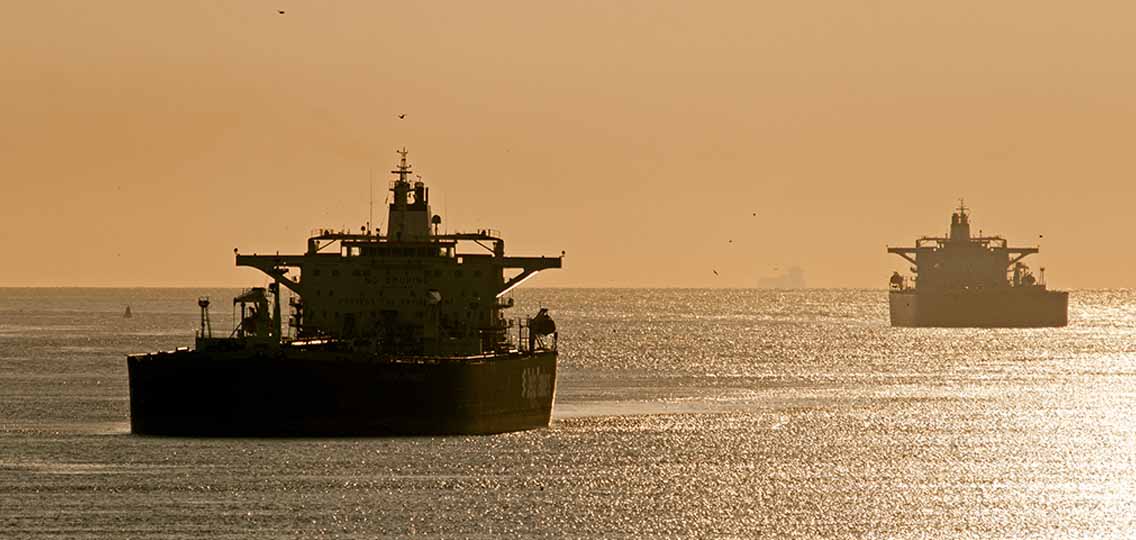More than five months into technical hearings on the proposed Northern Gateway pipeline, the National Energy Board panel tasked with reviewing the project will finally hear evidence on the risk the pipeline poses to British Columbia’s coastline. And this week, and into the spring, Ecojustice lawyers will be in Prince Rupert, B.C., challenging Enbridge’s position that those marine risks can be safely managed.
If Northern Gateway is approved, up to 255 large tankers will carry tar-like bitumen through the narrow and unpredictable passages off British Columbia’s north coast each year. Along the way, dozens of species and the precious marine ecosystems we rely on will be put at risk.
We need to look no further than the Exxon Valdez spill and its effects on killer whales for a cautionary tale. One Alaskan pod is the living legacy of a spill that unleashed millions of gallons of oil into Alaska’s coastal waters more than 20 years ago. Since surfacing in the massive slick left behind by the tanker, the pod has been unable to reproduce or recruit calves. One by one, the pod members are dying off, and scientists say the pod has no chance for recovery.
These weren’t the only whales affected. The Prince William Sound killer whales had a death rate 10 times the natural rate in the two years following the Exxon Valdez spill. Scientists have linked this spike to the inhalation of toxic oil fumes and eating of oiled prey.
But the spectre of a catastrophic oil spill isn’t the only thing we’re concerned about. Increased tanker traffic means more underwater noise, which threatens at-risk marine species. While research shows chronic noise can limit the amount of time killer whales spend feeding, studies produced by Enbridge consistently ignore these kinds of impacts.
And here’s the kicker. In the event of a tanker spill, polluter liability for clean-up and restoration tops out at $1.3 billion – just a third of the estimated $3.5 billion spent mopping up the Exxon Valdez spill. After that, it’s taxpaying Canadians like you who will be on the hook.
While Ecojustice has been working with our clients to draw attention to the harmful, long-lasting impacts the pipeline will have on our air, water and land, individual Canadians are also doing their part to lead the wave of resistance against Enbridge.
More than a thousand Canadians took part in community hearings across British Columbia, which wrapped up in Vancouver last week. One by one, Canadians of all ages and backgrounds stood up to tell the National Energy Board review panel when it comes to Enbridge and Northern Gateway, the answer is — and always will be — no.
For Enbridge, the risk associated with Northern Gateway — where it’s not a matter of if a spill will occur, but when — is part and parcel of the cost of doing business. But for the rest of us, it’s personal.

